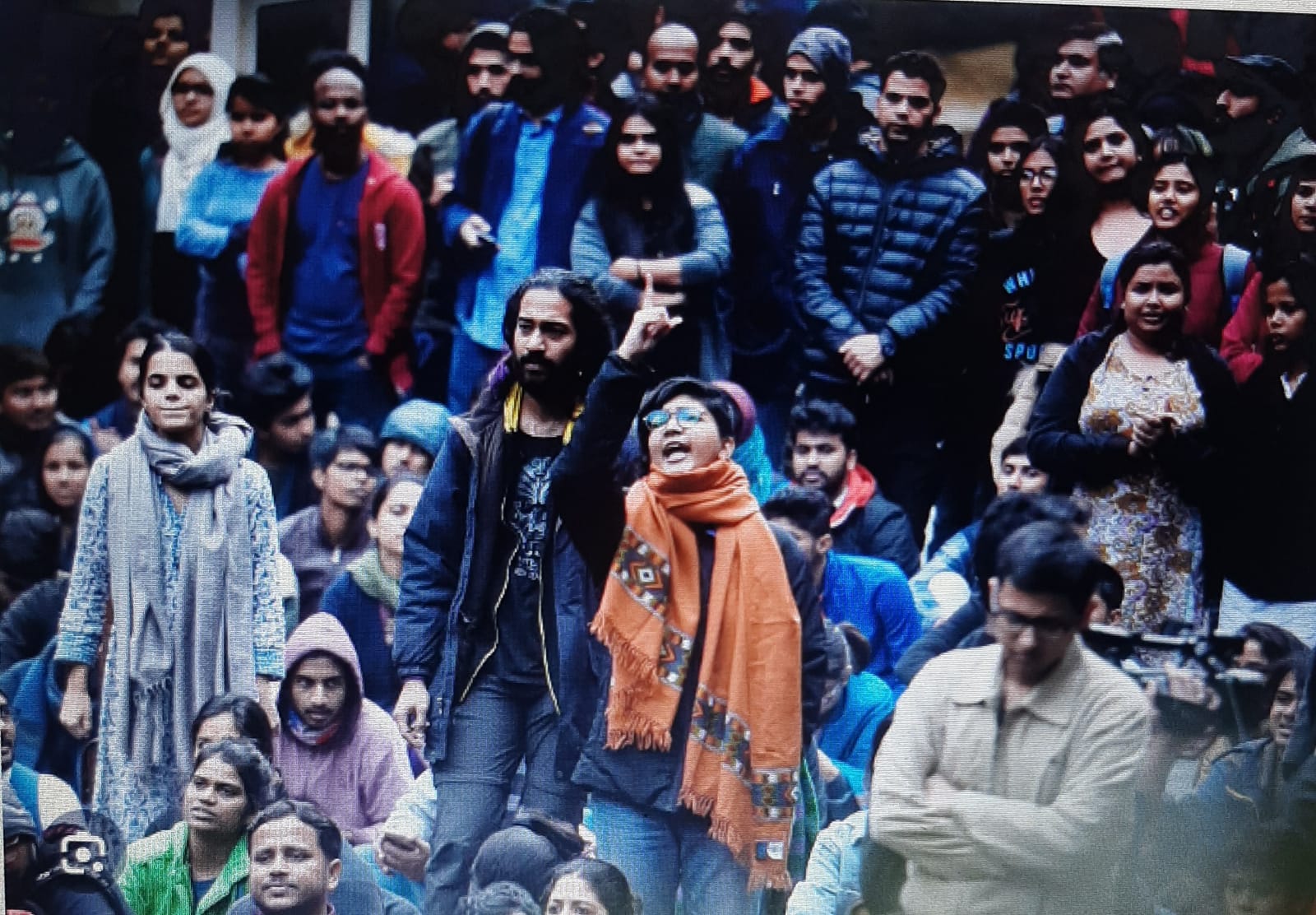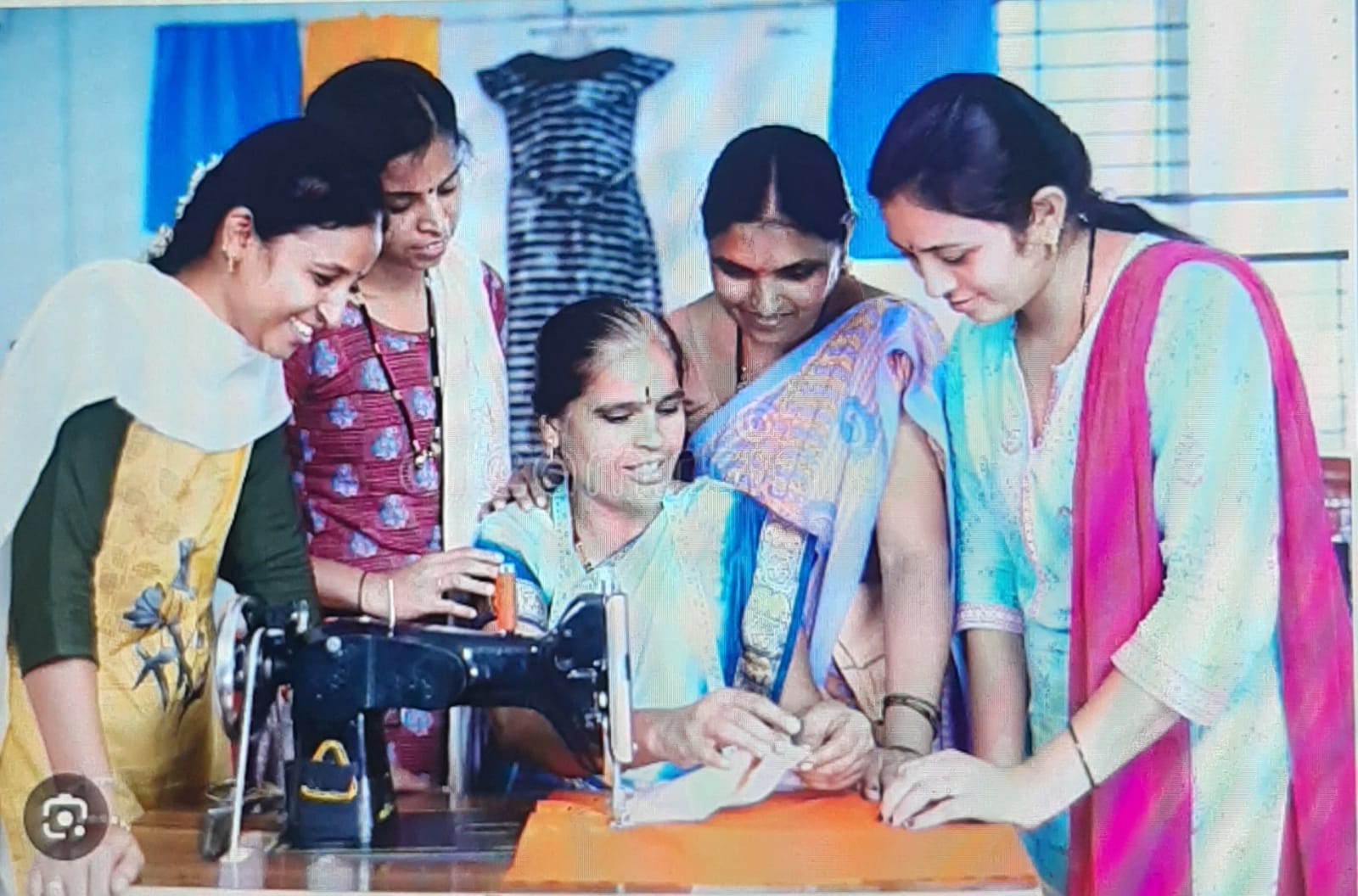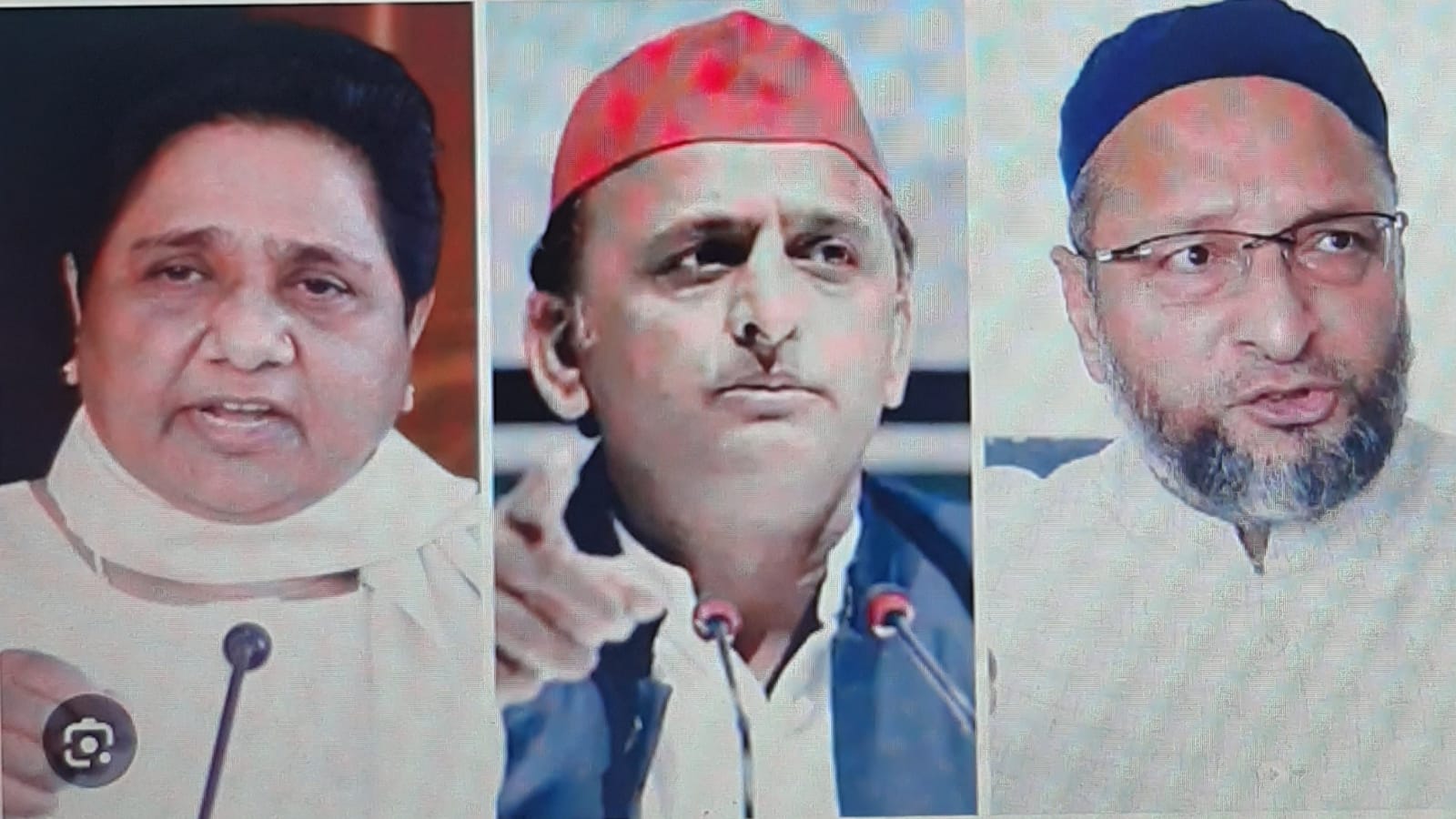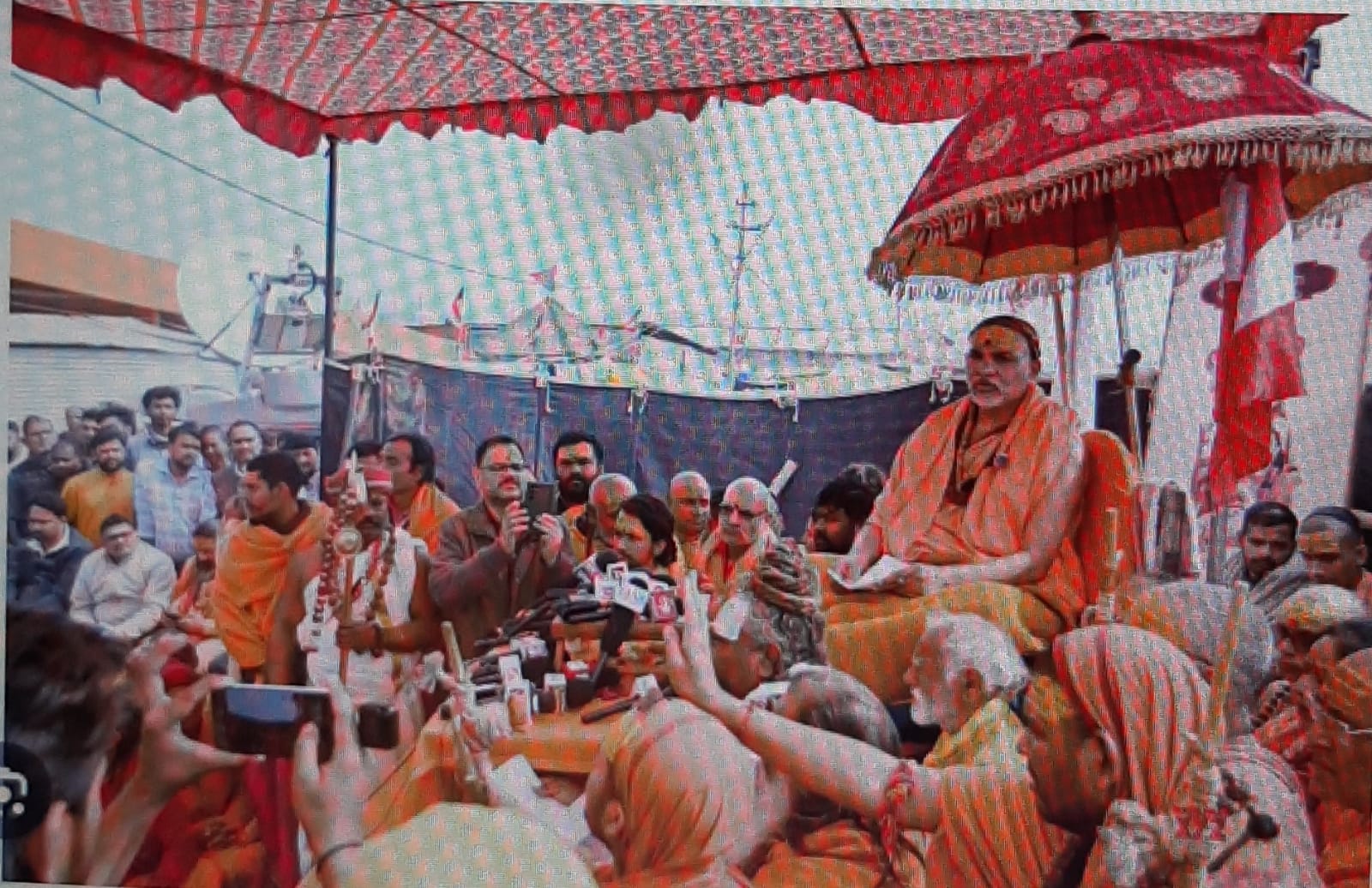
Education is the foundation of any progressive society. It shapes young minds, builds critical thinking skills, and equips individuals with the tools necessary to contribute meaningfully to their communities. In an ideal world, educational institutions should remain impartial and focused on imparting knowledge, fostering curiosity, and encouraging independent thought. However, in reality, many educational institutions are influenced by ideological biases—political, religious, or cultural—which distort the primary purpose of education, writes former IAS officer V.S.Pandey
Currently the politicization of the higher education system of America is being hotly debated. Congressional hearings as well as the writings of several renowned scholars have imputed that America’s top colleges are no longer bastions of excellence but have degenerated into partisan outfits- which means that they keep getting buffeted by recurring political storms. They unequivocally suggested that these institutions of higher learning should abandon this misadventure into politics, retrain their gaze on their core strengths and rebuild their reputations as centers of research and learning.
Doesn’t the prevailing situation in American universities resonate with some of our political leaning institutions of higher learning like Jawahar Nehru University (JNU) and others? Why should a publicly funded institution become known for its ideology rather than excelling as a center of true learning and research? In India, for decades, people with leftist outlook were allowed a free run in our universities with disastrous consequences. The current saffronization spree is also equally bad, if not worse. We are ignoring our rich civilizational ethos at grave peril.
The core values of our ancient teaching ethos can be encapsulated in the famous Sanskrit phrase “सा विद्या या विमुक्तये” which translates to “knowledge is one that liberates” in English. This phrase conveys the crux- that true education is a tool of liberation, while other knowledge is merely a skill. The legendary Greek thinker Socrates asserted that “The only good is knowledge and the only evil is ignorance.” Socrates thought that education was important not just for our careers and lives but to better develop us as virtuous beings . For Socrates, education was the kindling of a flame, not the filling of a vessel. He famously said that Strong minds discuss ideas, average minds discuss events, weak minds discuss people. He maintained that Contentment is natural wealth, luxury is artificial poverty.
For Gandhiji, education takes up the challenging task of preparing the young learners to become morally sound, individually independent, socially constructive, economically productive and responsible future citizens. Education is helpful in solving the problem of unemployment by making youth self-employed by imparting skill training. Gandhiji believed that education should develop all the capacities of a child so that he becomes a complete human being. In this way, a fully and harmoniously developed personality is able to realize the ultimate aim of life which is Truth or God. Gandhiji has himself explained – “By education I mean all-round drawing out of the best in child’s and man’s body, mind and spirit. Literacy is neither the beginning nor the end of education.
Education is the foundation of any progressive society. It shapes young minds, builds critical thinking skills, and equips individuals with the tools necessary to contribute meaningfully to their communities. In an ideal world, educational institutions should remain impartial and focused on imparting knowledge, fostering curiosity, and encouraging independent thought. However, in reality, many educational institutions are influenced by ideological biases—political, religious, or cultural—which distort the primary purpose of education.
A truly effective educational system prioritizes inquiry over indoctrination, ensures students are exposed to diverse perspectives without being coerced into adopting a specific ideology unlike what was allowed in several educational institutions like JNU or what is happening nowadays. When education is guided by neutrality, students are empowered to form their own opinions based on evidence, experience, and reason rather than being influenced by an institution’s ideological stance.
When educational institutions become ideologically bent, they risk transforming from spaces of free thought into platforms for propaganda. Ideological bias in education can manifest in various forms, including political partisanship, religious extremism, or cultural chauvinism. Undoubtedly political bias can reduce education to a tool for molding students into supporters of a particular party or agenda. History, economics, and social studies curricula can be tailored to glorify specific leaders or ideologies while demonizing others. This not only compromises academic integrity but also denies students the chance to understand history and society from a balanced perspective.
Secondly, religious ideology, when imposed in secular academic spaces, can lead to exclusion and discrimination. While studying religion as a cultural and historical phenomenon is valuable, enforcing religious doctrines in science or humanities classrooms can suppress scientific inquiry and intellectual curiosity. Lastly, cultural biases can also distort education by portraying one culture, language, or tradition as superior to others. This approach stifles inclusivity and creates divisions among students, undermining the goal of fostering a cohesive society.
Neutral educational institutions, on the other hand, create an inclusive environment where students feel comfortable challenging ideas, asking difficult questions, and engaging in meaningful discussions. Exposure to multiple viewpoints enables students to develop empathy, cultural awareness, and the intellectual flexibility needed to navigate a complex world.
Educational institutions, by their definition, are meant to be sanctuaries of knowledge, inquiry, and growth. When these spaces become tools for advancing ideological agendas, they fail in their fundamental purpose. A neutral educational environment, free from ideological influence, is essential for nurturing independent thought and fostering critical thinking. It is exigent that governments , educators, parents, and society at large start working together to safeguard educational spaces from ideological manipulation. Only then can we ensure that future generations are equipped not only with knowledge but also with the wisdom to use it responsibly. Neutral education is not just an academic ideal—it is a critical necessity for building an informed, tolerant, and progressive society and a great nation.
(Vijay Shankar Pandey is former Secretary Government of India)









